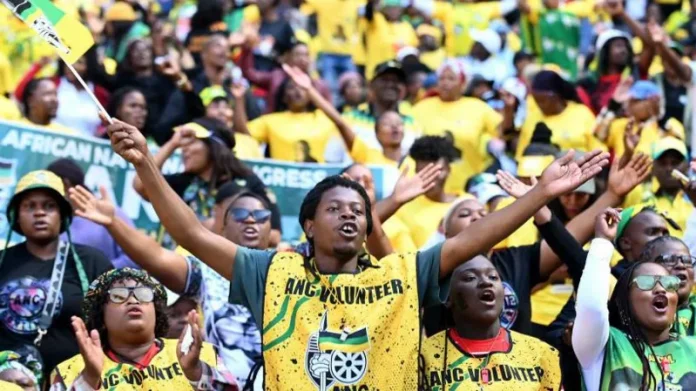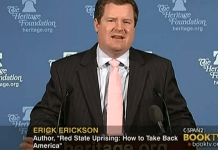South Africa’s political landscape is undergoing significant shifts following the recent elections, where the African National Congress (ANC) lost its parliamentary majority for the first time in three decades. As negotiations continue to form a new government, the ANC has indicated progress towards establishing a government of national unity, although specific details remain undisclosed at this stage.
The main opposition party, the Democratic Alliance (DA), has acknowledged that significant aspects of a framework deal have been agreed upon, but emphasized that finalizing the coalition arrangement is still pending. Solly Malatsi, a spokesman for the DA, conveyed to the BBC that while important strides have been made, there are remaining issues to resolve before a comprehensive agreement can be reached.
A crucial initial task facing the parliament is a secret vote to determine whether Cyril Ramaphosa will continue as president. Despite ongoing coalition negotiations, Ramaphosa is widely anticipated to secure re-election. The ANC, garnering 40% of the vote in the May 29 election, now requires the support of other political factions to maintain its hold on power.
ANC Secretary General Fikile Mbalula has underscored ongoing discussions with various political entities, highlighting that these talks are pivotal in shaping the country’s political future. Mbalula hinted at a potential shift towards the political center in the formation of a coalition government, particularly as left-wing factions within the ANC have expressed reluctance to participate in such a coalition.
Key players in these negotiations include the DA, known for its pro-business stance, which has tentatively agreed to participate in a government of national unity. However, disagreements persist between the ANC and the DA regarding the specifics of their collaboration. Mbalula cautioned that certain demands from the DA could pose existential challenges to the ANC’s political standing.
In the recent elections, the DA secured the second-highest share of the vote at 22%, positioning itself as a significant player in the coalition discussions. Additionally, the Zulu nationalist Inkatha Freedom Party (IFP), which secured 4% of the vote, has expressed willingness to participate in a government of national unity, adding further complexity to the negotiations.
President Ramaphosa has previously criticized the DA, which primarily draws support from racial minorities, accusing it of being “treasonous” and “reactionary.” A potential coalition with the DA could face resistance from within the ANC ranks, where many activists view the party’s advocacy for free market economics as contradictory to the ANC’s left-wing principles, and as representing the interests of the white minority.
As South Africa navigates these negotiations, the outcome of the coalition talks will not only determine the future composition of the government but also the political direction of the country. The ANC’s loss of parliamentary majority marks a significant shift in the country’s political landscape, necessitating careful deliberation and negotiation among diverse political factions to establish a stable and inclusive government moving forward.























